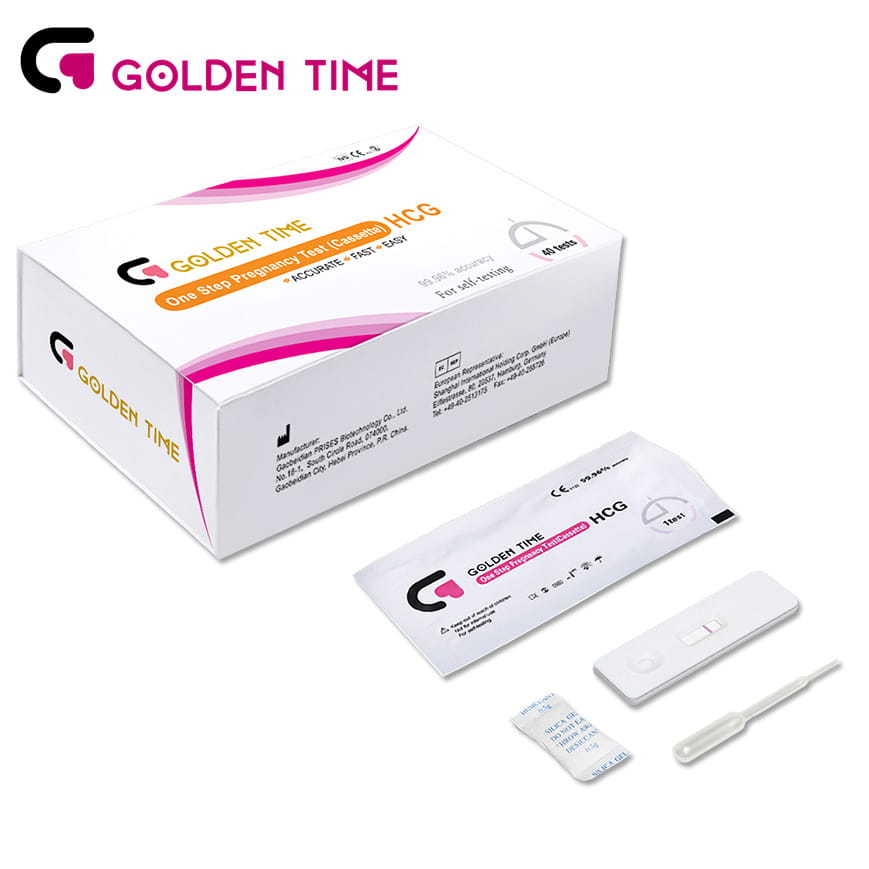Sep . 25, 2024 18:47 Back to list
dengue rapid test price supplier
Understanding the Cost of Dengue Rapid Test Kits A Supplier's Perspective
Dengue fever, a mosquito-borne viral infection that causes severe flu-like symptoms, poses a significant health threat in many tropical and subtropical regions. The increasing incidence of dengue outbreaks has emphasized the need for rapid and accurate diagnostic methods. Among the various diagnostic options available, dengue rapid test kits have become a cornerstone for timely diagnosis and management of the disease. However, understanding the pricing and sourcing of these kits is crucial for healthcare providers, governments, and organizations in controlling dengue outbreaks effectively.
The Importance of Rapid Testing
Dengue rapid test kits are designed to provide quick results, allowing healthcare professionals to make informed decisions regarding patient care. These tests typically work by detecting specific antibodies or antigens related to the dengue virus in a patient’s blood sample. The major advantage of these kits is that they can deliver results in as little as 15 to 30 minutes, making them invaluable in resource-limited settings where laboratory facilities may be lacking.
Factors Influencing the Price of Dengue Rapid Test Kits
The pricing of dengue rapid test kits can vary significantly based on several factors
1. Manufacturing Quality The quality of the components used in the manufacturing of the kits directly impacts their efficacy and cost. High-quality materials and stringent quality control measures often lead to a higher price point.
2. Supplier Reputation Established suppliers with a proven track record tend to price their products at a premium. This is often due to the credibility of the brand and the assurance of reliable performance.
dengue rapid test price supplier

3. Regulatory Compliance Kits that meet international regulatory standards, such as those set by the World Health Organization (WHO) or the Food and Drug Administration (FDA), are generally more expensive. Compliance ensures that the kits are safe and effective, which is crucial for hospitals and clinics prioritizing patient care.
4. Order Volume Bulk purchasing can significantly reduce the per-unit cost of rapid test kits. Hospitals, governments, and NGOs often negotiate prices based on the quantity of kits they intend to purchase, which can lead to discounts.
5. Distribution and Logistics The geographical location of suppliers can also affect pricing. Suppliers in regions closer to where the tests are needed may have lower shipping costs, while international suppliers may add additional fees depending on logistics and import regulations.
Typical Price Range of Dengue Rapid Test Kits
While the prices of dengue rapid test kits can fluctuate based on the factors mentioned above, they typically range from $1 to $25 per kit. Lower-priced kits may lack rigorous quality assurance, whereas higher-priced kits often come with enhanced reliability and accuracy.
Conclusion
The cost of dengue rapid test kits plays a crucial role in the global response to dengue fever. As outbreaks become more frequent and widespread, the accessibility of reliable and affordable testing is paramount for effective disease management. By understanding the factors that influence pricing, healthcare providers can make informed choices when selecting suppliers and negotiating costs. Therefore, investing in high-quality, rapid diagnostic tests is not only a financial decision but also a commitment to improving health outcomes in communities at risk of dengue fever.
In conclusion, while the price of dengue rapid test kits may vary, the importance of investing in quality supplies cannot be overlooked. With a focus on reliability and accessibility, communities can better protect themselves against the threat of dengue, ultimately saving lives and resources.
-
Highly Accurate hCG Pregnancy Test Strips - 5 Min Results
NewsAug.02,2025
-
Premium Empty ABS Plastic Cassettes: Durable & Lightweight Storage
NewsAug.01,2025
-
Accurate Cocaine (Coc) Rapid Test Kit | Fast & Reliable Detection
NewsJul.31,2025
-
Accurate HCG Pregnancy Test Strips | Fast Home Use Kit
NewsJul.31,2025
-
Reliable Early Pregnancy Test Kit Supplier - Multi Plastic Cassette Options
NewsJul.30,2025
-
Transferrin Rapid Test Cassette – Reliable Tumor Marker Detection
NewsJul.29,2025

